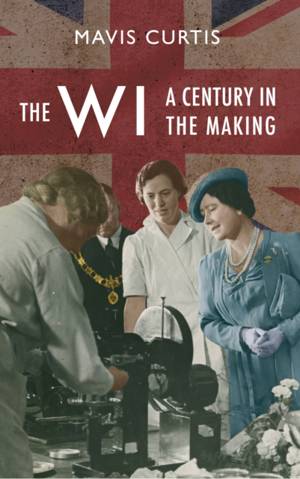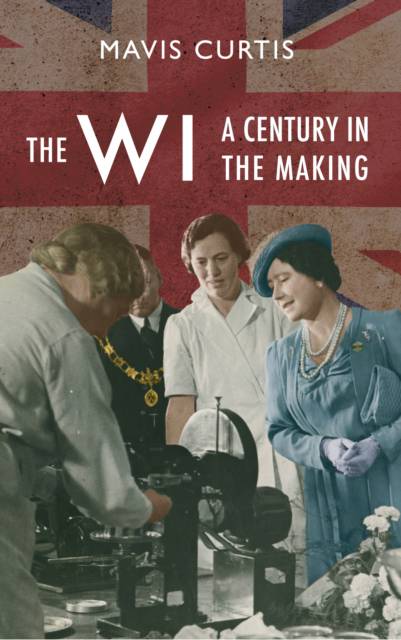
En raison d'une grêve chez bpost, votre commande pourrait être retardée. Vous avez besoin d’un livre rapidement ? Nos magasins vous accueillent à bras ouverts !
- Retrait gratuit dans votre magasin Club
- 7.000.000 titres dans notre catalogue
- Payer en toute sécurité
- Toujours un magasin près de chez vous
En raison de la grêve chez bpost, votre commande pourrait être retardée. Vous avez besoin d’un livre rapidement ? Nos magasins vous accueillent à bras ouverts !
- Retrait gratuit dans votre magasin Club
- 7.000.0000 titres dans notre catalogue
- Payer en toute sécurité
- Toujours un magasin près de chez vous
Description
Rising from the ashes of the First World War, the Women's Institute went on to become one of the most important movements for women in the twentieth century. The institute was initially organised by ex-Suffragists, who felt that now women had the vote, they deserved an education that would give them the confidence they needed to make their presence felt in the new world opening up to them. Initially conceived as a way of improving the food supply for the nation during the First World War, the Women's Institute again proved its worth when it responded to the national crisis at the outbreak of the Second World War, tackling food shortages and finding billets for evacuee children. New challenges came in the 1960s and 1970s with the rise of the feminist movement. Membership of the WI declined and a search began for ways to update the Institute's image and keep it relevant to younger women. Then, out of the blue, came the Calendar Girls. The old 'jam and Jerusalem' image of the WI was swept away by the energy, imagination and sheer courage of the women of Rylstone WI, leading to a renewed interest in and respect for the organisation. Today, the WI remains a powerful force in women's lives, providing a source of fun, friendship and creativity across the counties.
Spécifications
Parties prenantes
- Auteur(s) :
- Editeur:
Contenu
- Nombre de pages :
- 256
- Langue:
- Anglais
Caractéristiques
- EAN:
- 9781445655406
- Date de parution :
- 15-03-16
- Format:
- Livre broché
- Format numérique:
- Trade paperback (VS)
- Dimensions :
- 124 mm x 196 mm
- Poids :
- 408 g

Les avis
Nous publions uniquement les avis qui respectent les conditions requises. Consultez nos conditions pour les avis.






